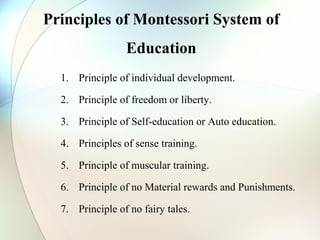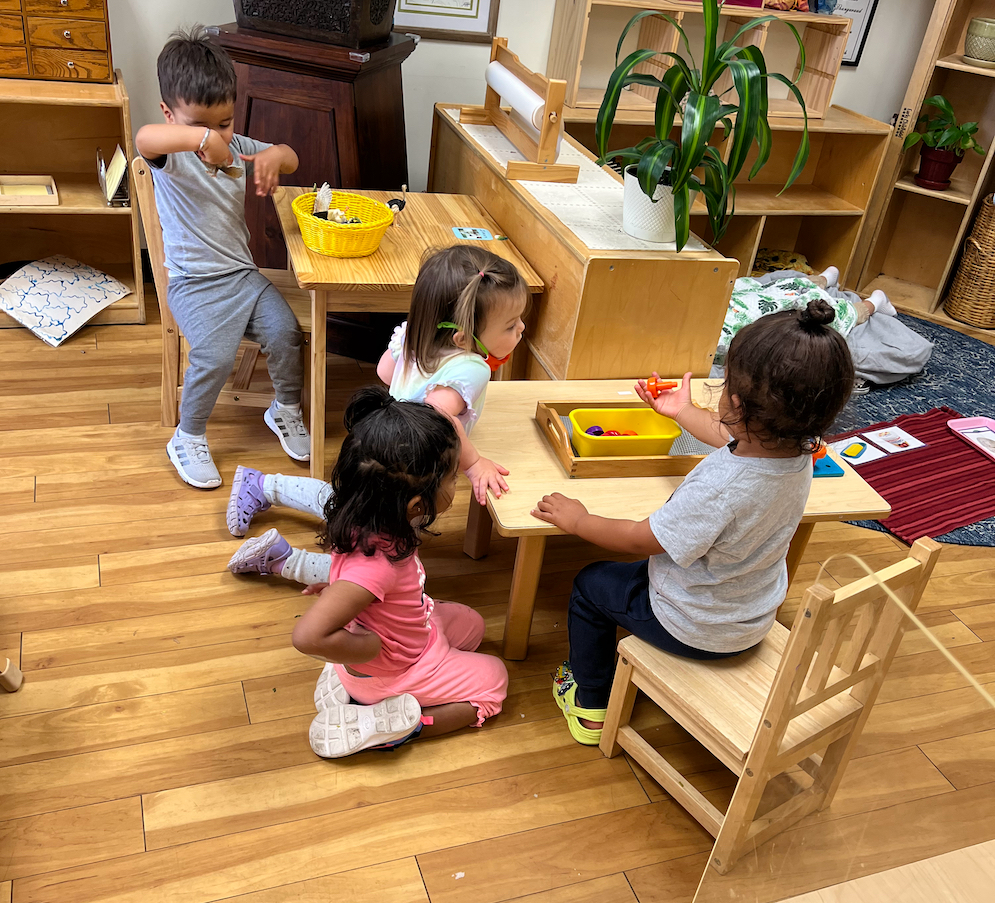
Guiding Principles for Holistic Education: Exploring Montessori Methodology
The Montessori Methodology is renowned for its distinctive approach to education, focusing on holistic development and individualized learning. Let’s delve into the guiding principles that make the Montessori Method a transformative force in early childhood education.
Understanding the Child-Centric Approach
At the core of the Montessori Methodology is a child-centric philosophy that recognizes each child as a unique individual. This approach emphasizes understanding the needs, interests, and pace of each student, fostering an environment that tailors education to the specific characteristics of the learner.
Promoting Hands-On, Experiential Learning
Montessori classrooms prioritize hands-on, experiential learning. Children engage with specially designed materials that encourage exploration and discovery. This kinesthetic approach not only enhances academic understanding but also cultivates a love for learning through direct experience.
Creating a Prepared Environment
Montessori classrooms are meticulously designed to create a prepared environment that facilitates independent learning. Child-sized furniture, organized learning materials, and accessible resources empower children to navigate their surroundings with confidence, promoting autonomy and a sense of responsibility.
Emphasizing Sensory Development
The Montessori Methodology places a strong emphasis on sensory development. Activities that engage the senses—such as touching different textures or smelling various scents—are integrated into the curriculum. This sensorial exploration not only enhances cognitive development but also fosters a deeper connection to the world.
Fostering Individualized Learning Paths
One of the hallmarks of the Montessori Method is the encouragement of individualized learning paths. Children are given the freedom to choose activities based on their interests and developmental readiness. This personalized approach ensures that each child progresses at their own pace, promoting a positive attitude towards learning.
Incorporating the Three-Period Lesson
A key teaching technique within the Montessori Methodology is the Three-Period Lesson. This method involves introducing a concept, associating the concept with a name, and then allowing the child to demonstrate their understanding. This systematic approach supports the child’s natural progression of learning.
Cultivating a Love for Order and Precision
Montessori classrooms foster a love for order and precision. Activities such as arranging materials in a specific order or tracing geometric shapes contribute to the development of concentration, attention to detail, and a sense of order—qualities that extend beyond the classroom.
Balancing Freedom and Responsibility
The Montessori Methodology strikes a delicate balance between freedom and responsibility. While children are encouraged to explore and make choices independently, they also learn the importance of respecting others, the environment, and the materials. This balance cultivates a sense of community and social responsibility.
Linking Theory to Practice: Explore Montessori Methodology Principles
To truly understand the transformative impact of the Montessori Methodology Principles, one should witness these principles in action. This link between theory and practice provides valuable insights into how the Montessori Methodology creates an environment that nurtures holistic development and a lifelong love for learning.
Preparing Children for Real-World Challenges
In conclusion, the Montessori Methodology’s guiding principles go beyond traditional education, preparing children for real-world challenges. By focusing on individualized learning, hands-on experiences, and a holistic approach, the Montessori Method equips children with the skills and mindset needed for a lifetime of success and fulfillment. Explore the enriching world of Montessori Methodology Principles to witness the profound impact of this innovative educational approach.



